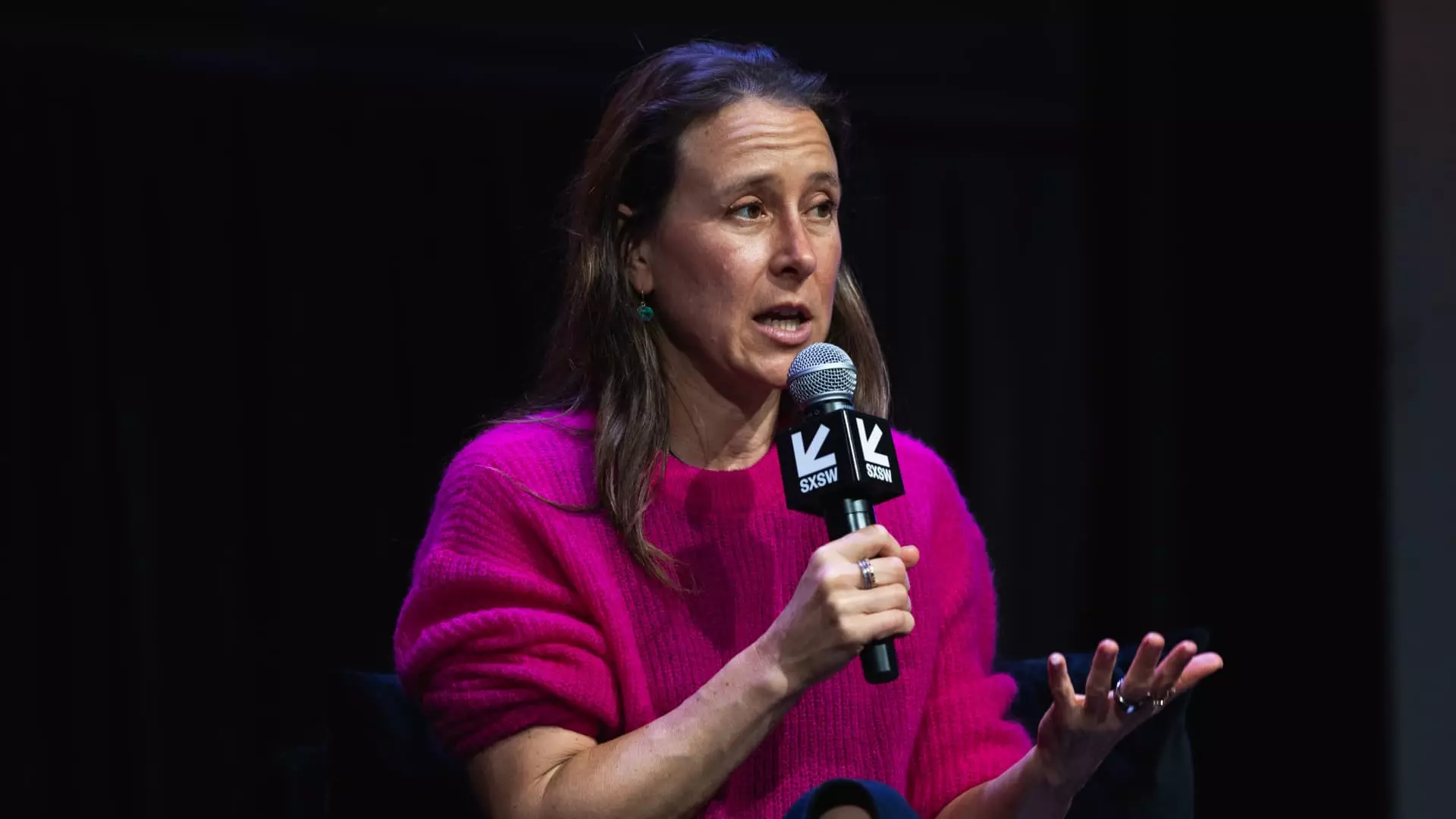Once celebrated for revolutionizing personal genetics, 23andMe now finds itself teetering on the edge of oblivion. The company, once basking in the glow of a $6 billion valuation, has filed for Chapter 11 bankruptcy in Missouri, a dramatic descent that encapsulates the broader struggles of the health-tech sector. With its founder and CEO Anne Wojcicki resigning amid this turmoil, it’s essential to dissect the myriad reasons leading to 23andMe’s downfall. What started as a groundbreaking endeavor has unraveled into a cautionary tale, showcasing the fragile nature of even the most promising enterprises when they fail to adapt to an ever-changing landscape.
Failed Promises and Lost Value
The fall of 23andMe is not merely about financial metrics; it’s about lost potential and broken promises. The market seems to agree, as evidenced by the staggering decline of 23andMe’s stock, which has plummeted from unprecedented heights to a paltry $25 million in market capitalization. The company’s initial allure stemmed from its ability to offer consumers at-home DNA tests, which provided fascinating insights into ancestry and health risks. However, the reality of ongoing financial challenges overshadowed these early successes. Without a sustainable strategy for recurring revenue, 23andMe’s once-bright prospects turned dim. This situation reflects a broader issue within tech startups that often prioritize rapid growth over economic fundamentals, creating a volatility that can lead to disastrous outcomes.
Leadership’s Missed Opportunities
Wojcicki’s resignation signals a painful yet necessary pivot for the company, reflecting a critical observation frequently overlooked in organizational behavior: the importance of adaptive leadership. Her accountability in the face of challenges is commendable, yet it’s also troubling that multiple proposals aimed to take the company private were rejected. The independent directors saw Wojcicki’s plans as inadequate, which points to a possible herd mentality within boardrooms dominated by overly cautious decision-making. This failure to embrace change swiftly while evaluating the landscape often seals the fate of companies like 23andMe. In the fast-paced world of technology, indecisiveness can be just as detrimental as poor execution.
Privacy Concerns: A Double-Edged Sword
Compounding 23andMe’s struggles is the specter of privacy violations that have emerged in recent years. The company’s genetic database came under fire after a significant breach exposed the data of nearly 7 million customers. These incidents do not merely represent technical failures; they embody a growing public distrust in companies that manage personal data. California Attorney General Rob Bonta’s recent alerts urging customers to erase their genetic data from 23andMe further magnify the urgency of this crisis. In an era where informed consent and ethical data management have taken center stage, the company’s inability to reassure its users around these concerns has eroded customer loyalty, compounding its woes.
A Glimmer of Hope or a Last-Ditch Effort?
Despite these overwhelming challenges, Wojcicki plans to pursue the company’s future as an independent bidder. Is this a genuine effort to salvage what is left, or merely a final act of desperation? The path she envisions entails actively soliciting qualified bids during the bankruptcy process—a tactical move that could, if executed correctly, re-position 23andMe within the health-tech ecosystem. However, this ambition must contend with the unresolved issues surrounding customer data and the kingdom of trust that’s been shattered. The company’s commitment to maintaining existing data management protocols in the course of its restructuring begs the question: can they rebuild trust while still fighting for their corporate life?
The Health-Tech Sector’s Reality Check
The challenges faced by 23andMe serve as a cautionary narrative for the health-tech industry at large. In an environment increasingly driven by data and algorithmic decision-making, entrepreneurs must remember that technology doesn’t supersede the need for robust ethical frameworks and customer trust. The optimism that greeted 23andMe when it emerged as a trailblazer in the genetic testing marketplace must not obscure the fundamental truth: success is unattainable without a keen awareness of industry fluctuations, consumer sentiment, and the ethical implications of handling sensitive data. 23andMe is simply a microcosm of a wider market rife with potential yet equally rife with vulnerabilities—a sobering reminder of the high stakes involved in navigating this challenging terrain.

